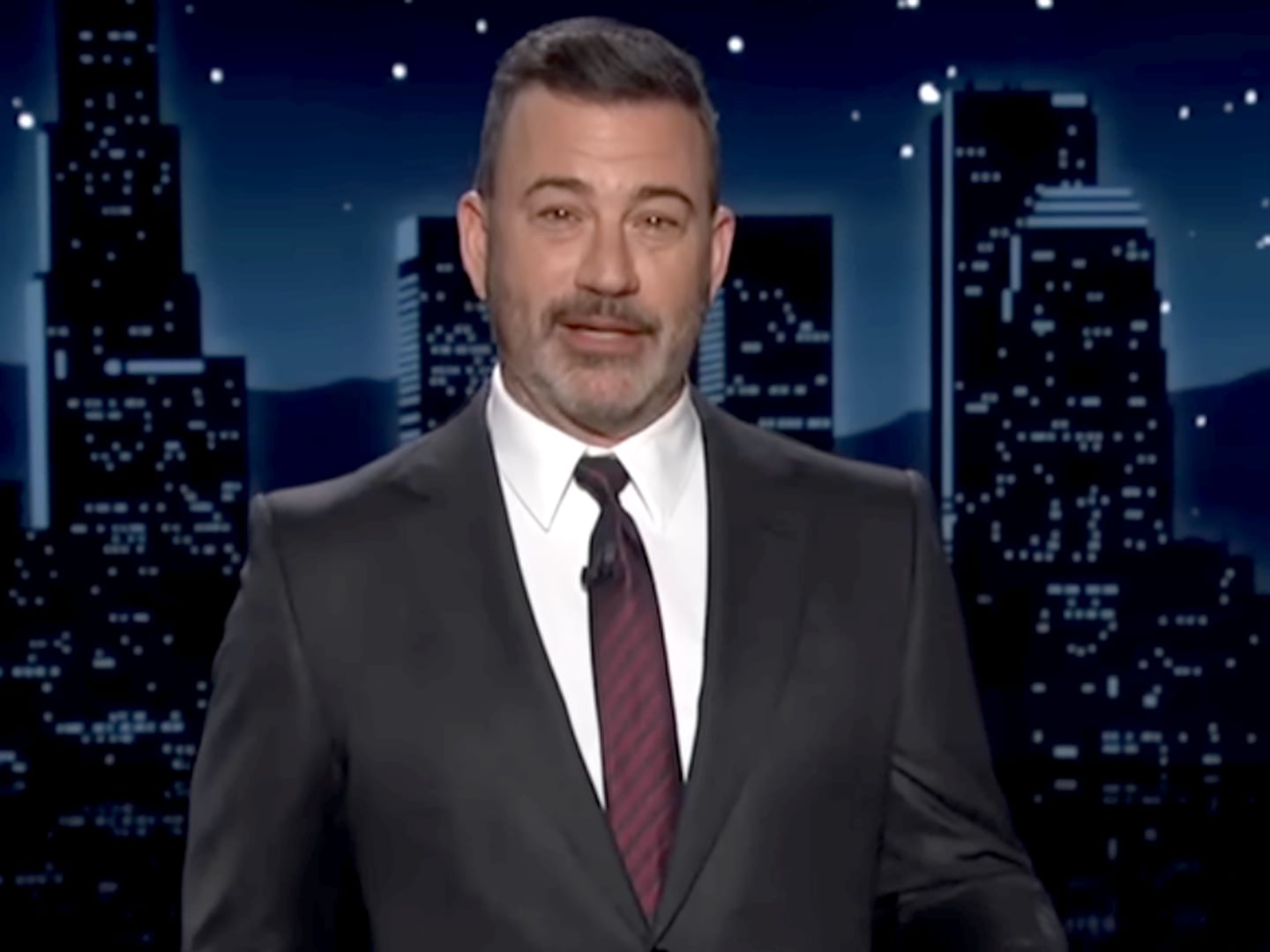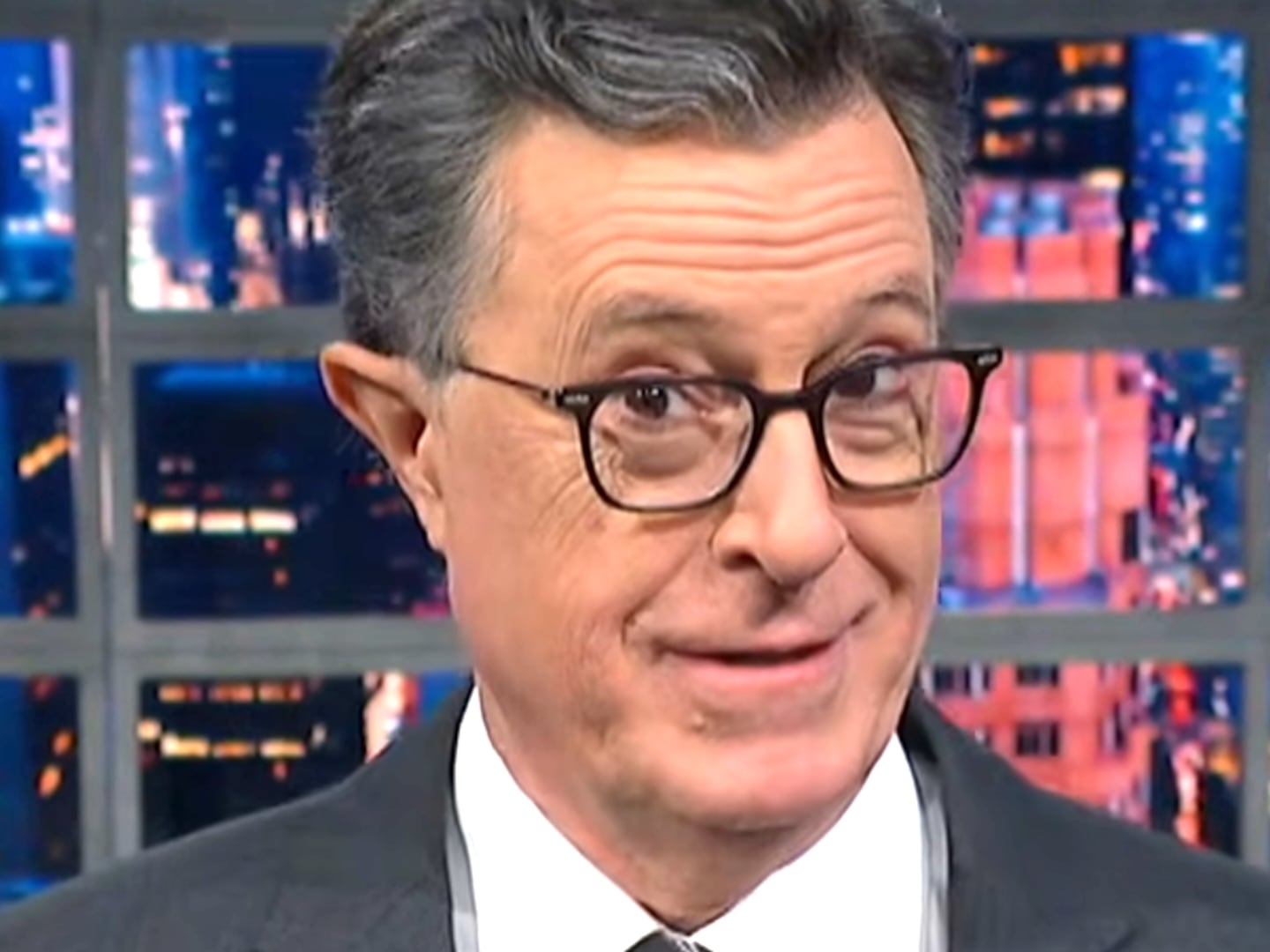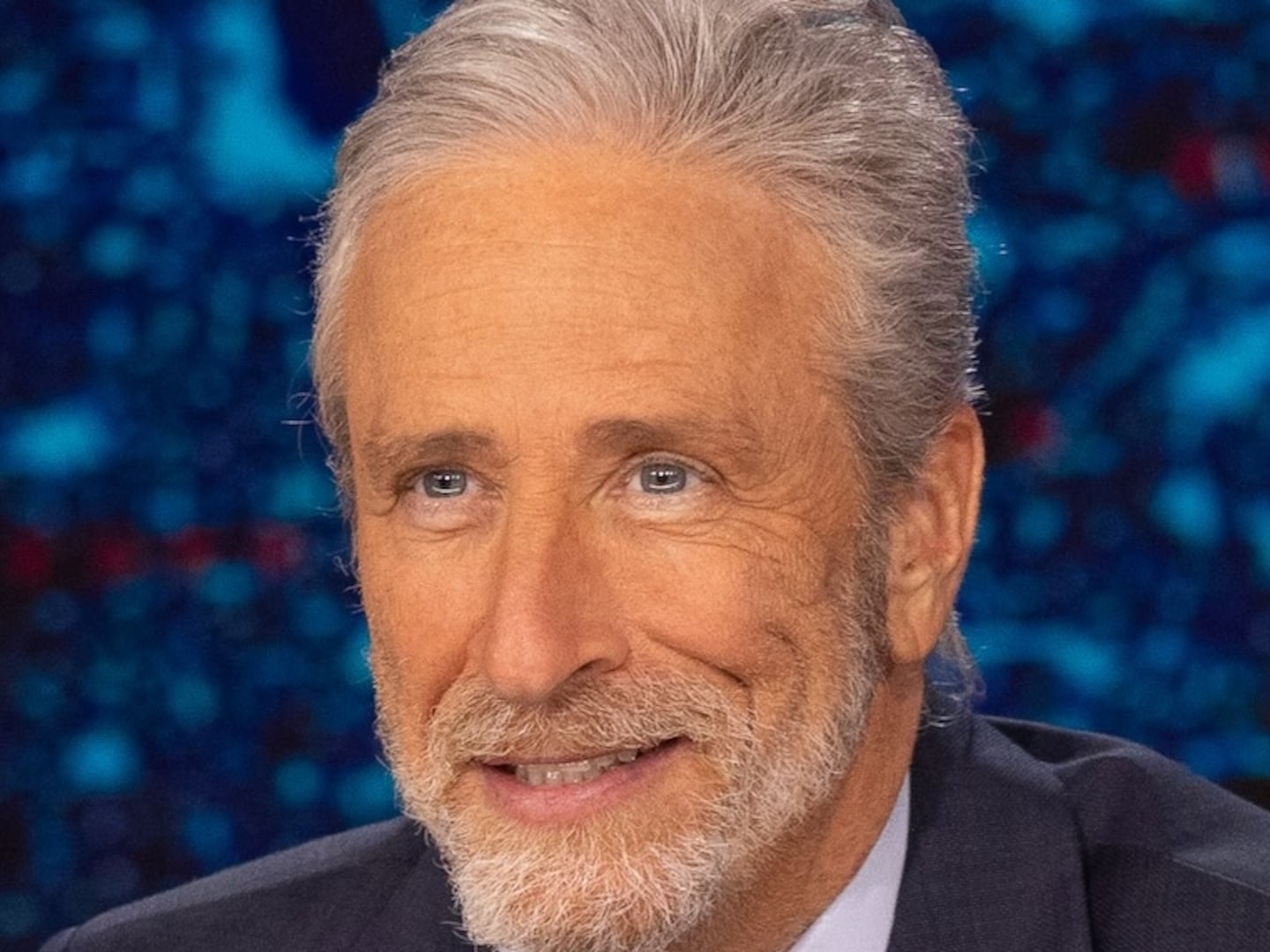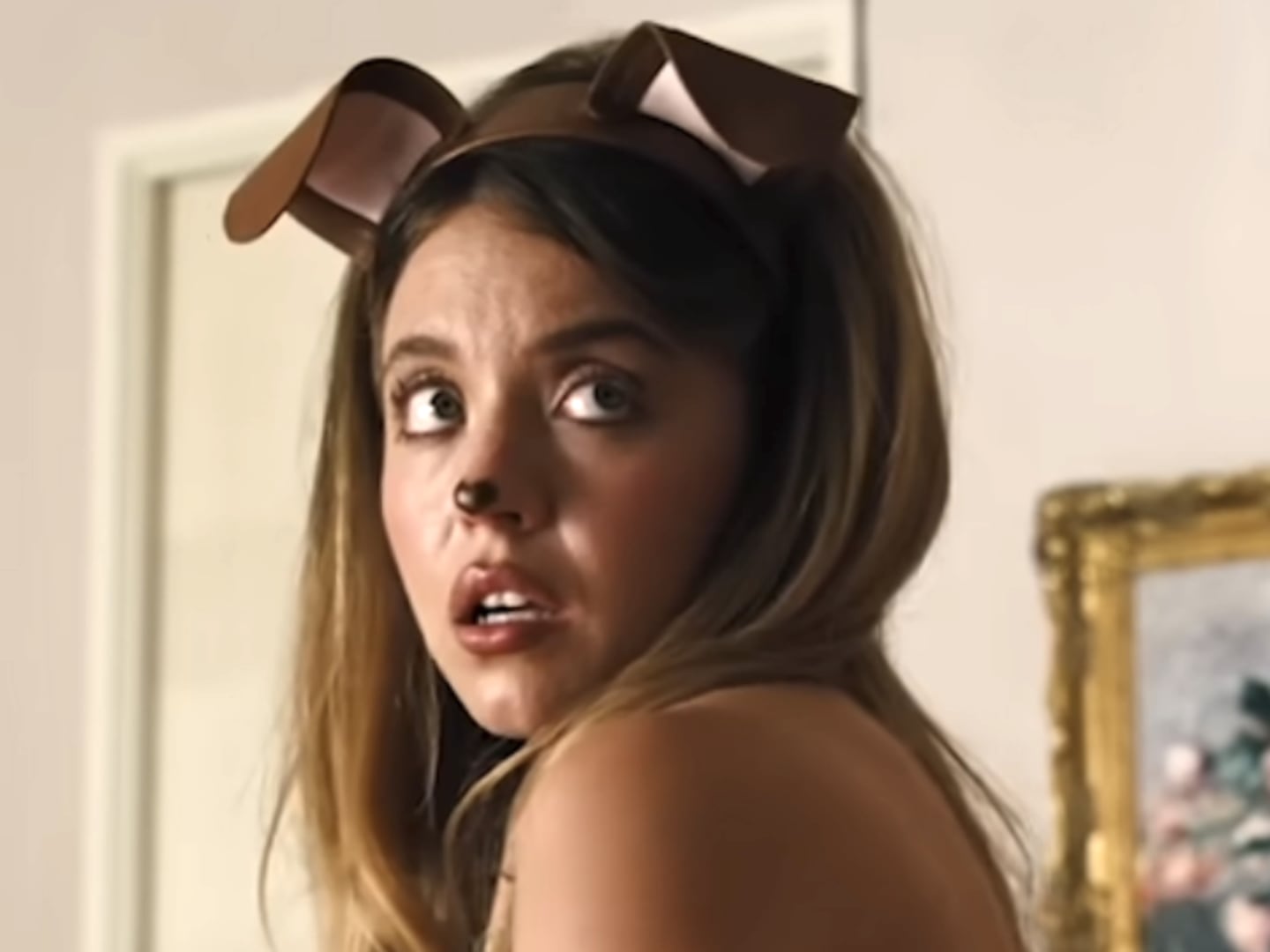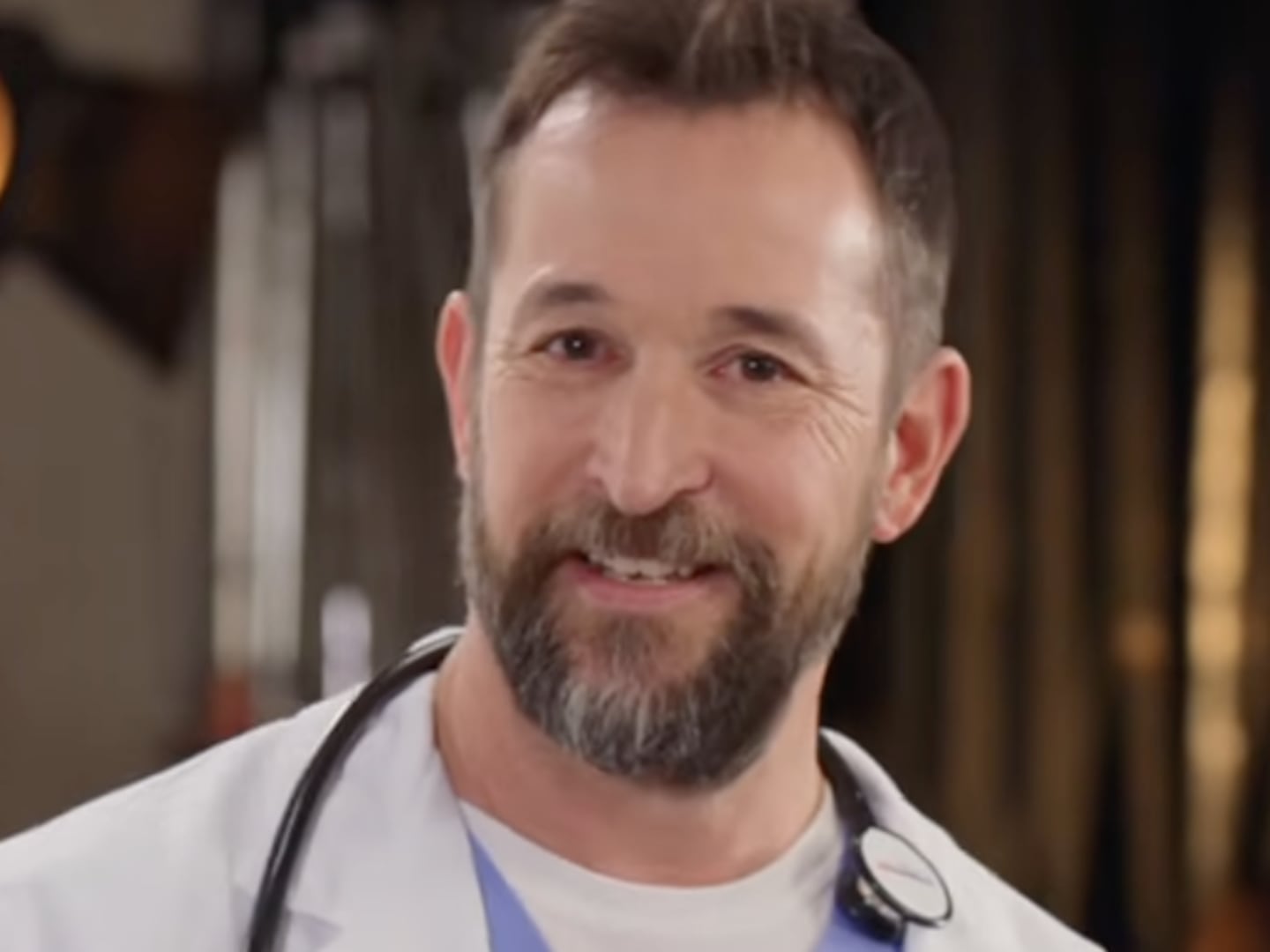To a significant extent, Disney’s streaming strategy appears to involve raiding their archives for every last available property capable of being turned into a multi-season series. Arriving in the wake of The Mighty Ducks: Game Changers, High School Musical: The Musical – The Series and various Marvel, Pixar, and Star Wars efforts—and ahead of The Santa Clauses and National Treasure: Edge of History—Willow continues that tactical trend.
Premiering Nov. 30, Willow revisits producer George Lucas and director Ron Howard’s 1988 fantasy film about a sinister queen, a prophesied child, a would-be sorcerer, and dashing mercenary tasked with saving the world. Those with warm-and-fuzzy feelings about that rollicking adventure will likely be drawn to this big-budget long-form follow-up. Sustained interest, however, will be stymied by a cast of largely bland new characters and, more pressing still, a dearth of sweeping excitement.
While Willow can’t be bothered to devise a title that differentiates itself from its predecessor—a common reboot-sequel approach that continues to make no sense whatsoever—it does concoct a novel quest for its pint-sized hero, Willow Ufgood (Warwick Davis)—even if it doesn’t properly reintroduce him until the closing minutes of the premiere episode.
Decades after vanquishing evil by defeating Nockmaar’s villainous Queen Bavmorda (Jean Marsh), Willow is now a bonafide sorcerer, and Davis’ performance as the diminutive Nelwyn do-gooder proves the absolute highlight of these proceedings. With a liveliness and sense of humor that’s directed at both himself and others, Willow is older and wiser, but fundamentally the same as before. He radiates a measure of goodness and altruism that shines through during even the gloomiest moments of his journey.
His mission once again has to do with Elora Danan, the infant destined to rid this magical land of its darkness. Though Willow ostensibly already rescued Elora from harm, Willow informs viewers that shortly after his triumph, he came to suspect that apocalyptic forces were once again on the horizon, thereby compelling him and Bavmorda’s daughter Sorsha (Joanne Whalley, reprising her role) to hide the baby away.
Flashbacks reveal that Willow sought to teach young Elora how to use her powers so she’d be ready when they were needed, but Sorsha thought otherwise, causing a rift that was never fully mended. Nonetheless, on the eve of her daughter Kit’s (Ruby Cruz) arranged marriage to prince Graydon (Tony Revolori)—a union that aims to unite two kingdoms—Sorsha begins hearing Willow’s whispers of warning: “The Gales. They’re coming.”

(L-R) Graydon (Tony Revolori), Boorman (Amar Chadha-Patel), Dove (Ellie Bamber), Kit (Ruby Cruz), Willow Ufgood (Warwick Davis) and Jade (Erin Kellyman) in Lucasfilm's Willow.
Lucasfilm Ltd.That mysterious threat greatly concerns Sorsha, but initially, Willow concentrates on the tensions in and around court. Kit is a feisty warrior who objects to getting hitched to dull Graydon, not only because she’s an independent woman but because she has romantic feelings for her best friend Jade (Erin Kellyman), who’s been raised and trained to be a knight by palace commander Ballantine (Ralph Ineson). Kit’s lothario brother Airk (Dempsey Bryk) is similarly caught up in romantic entanglements, currently with a kitchen maid named Dove (Ellie Bamber), whom he loves almost as much as he adores himself. Together, they’re a distinctly Disney Channel-esque bunch: reasonably cute, mildly personable, and able to keep the material on track.
Willow isn’t as serious, bleak or visually striking as The Lord of the Rings: The Rings of Power and House of the Dragon, and it’s also not cartoony enough for kids. Its target audience seems to be tweens, which is outside its nostalgic sweet spot and leads to a bit too much corny comedy.
Still, it attempts to generate some roguish dynamism courtesy of Boorman (Amar Chadha-Patel), a thief and faux-scoundrel who serves as the action’s de facto replacement—in terms of spirit, if not narrative function—for Val Kilmer, whose medical difficulties prevented him from reprising his role as the swashbuckling Madmartigan. The fate of Kilmer’s beloved character is shrouded in mystery at the outset of this saga, and a source of burning curiosity for his daughter Kit, who yearns to find out what befell her absentee dad and, additionally, the fabled armor for which he may have been searching.
In the aftermath of an attack on the castle that concludes with Airk’s abduction, Willow’s remaining characters band together to retrieve him from the Immemorial City, a location beyond the edges of this civilization’s maps that’s ruled by a withered Crone that covets death and destruction.

(L-R) Graydon (Tony Revolori), Kit (Ruby Cruz), Jade (Erin Kellyman), Boorman (Amar Chadha-Patel) and Dove (Ellie Bamber) in Lucasfilm's Willow.
Lucasfilm Ltd.Willow’s visions foretell ruination even with the aid of Elora Danan (whose identity is obvious from the start), and Kasdan and company conjure up a few strikingly malevolent panoramas of tragedy and monstrousness, especially with regards to the inventive Gales. Their sword-fighting sequences, however, leave much to be desired, cut to ribbons and, in one instance, drenched in darkness and rain that makes everything borderline incomprehensible. In the first three episodes, the troupe’s trek takes them through nothing but nondescript forests and fields, further rendering the series aesthetically derivative and ho-hum.
Following in the footsteps of countless streaming ventures, Willow plods along at a casual pace that’s the opposite of the zippy 1988 film. Numerous scenes exist solely to pad episodes’ runtime, the result being a frustrating absence of urgency. Despite constant talk about the importance of getting to business, the series is in no rush to reach its destination. What’s more, it’s not particularly preoccupied with surprising or thrilling its audience, its every development foreseeable from a mile away and its combat-heavy centerpieces no different than a million others.
The original Willow was also far from wholly original, culled as it was from bits and pieces of Tolkien’s novels and Lucas’ own Star Wars, but it at least thrummed with gee-whiz energy and heart. This sequel, on the other hand, only exhibits a spark of life whenever Davis is cracking wise or admonishing his compatriots to follow his lead, which isn’t frequent enough.
Perhaps Willow has some amazing surprise around its later corners that justify this return trip to Tir Asleen. On the basis of its maiden installments, though, it mostly comes across as another unnecessary if passable bit of IP exploitation.


